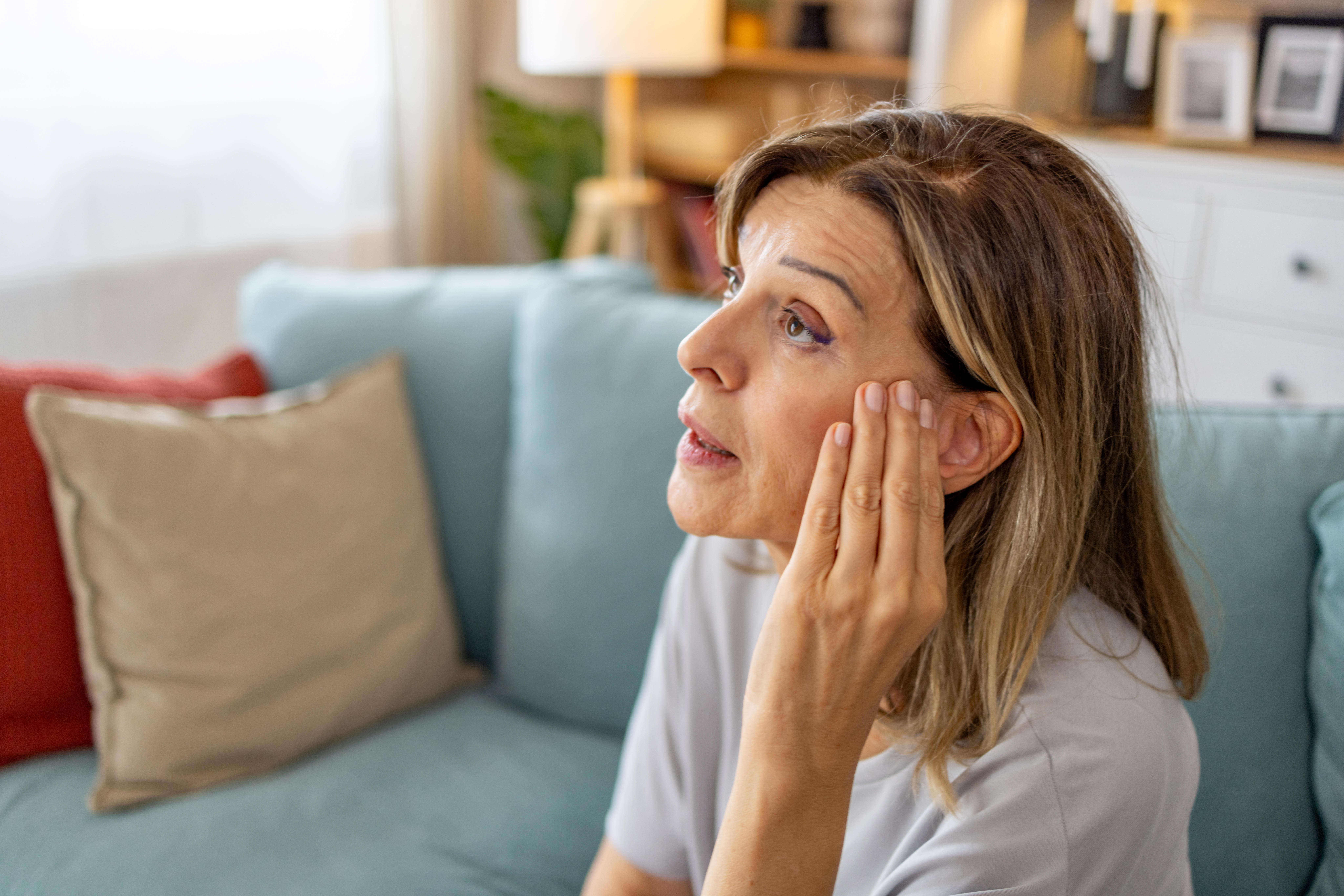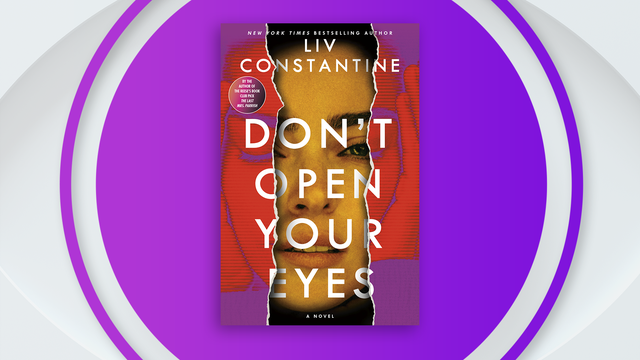Do hearing aids cause tinnitus?
Tinnitus is a condition that can frustrate people by causing the perception of sounds, such as a persistent or intermittent ringing noise, that can be difficult to live with depending on the severity or frequency of the sensation. People with age-related hearing loss -- something that is estimated to affect approximately one in three adults over age 65 across the US -- may wonder if hearing aids can have an effect on tinnitus, good or bad.
The best hearing aids can help people live with hearing loss by amplifying important sounds and blocking out background noises. But do they help with tinnitus as well? Or do hearing aids play a role in causing or worsening the condition? We answer this frequently asked question below and look more closely at the relationship between tinnitus, hearing loss and quality hearing aids.
Do hearing aids cause tinnitus?
Let's cut to the chase: No, hearing aids do not cause tinnitus. In fact, hearing aids are often prescribed as a form of treatment for tinnitus, which sometimes presents alongside hearing loss.
If you have a hearing aid and have ever wondered if the device could make tinnitus worse, there are some scenarios where symptoms could be amplified. Some people may develop a decreased sound tolerance before they get a hearing aid. Also known as hyperacusis, this condition can make monotonous or grating sounds unbearable and is often accompanied by tinnitus. A new hearing aid can boost these levels to a distressing degree for people who've become used to avoiding or ignoring such offensive sounds, resulting in worsened tinnitus symptoms.
What is tinnitus and does it go away over time?
Tinnitus is an auditory issue where one perceives persistent or intermittent sounds that don't have a real outside source. It is most often described as a ringing sound, but could also present as a roaring or buzzing sound. It can be temporary -- and may even go away over time -- but in some cases it lingers and worsens over time.
Tinnitus is not an uncommon experience: Nearly 15% of adults worldwide have reported experiencing this condition. It can affect children as well as adults and is typically (but not always) associated with some degree of hearing loss.
Common causes that have been linked to tinnitus include exposure to loud noises like a concert, a head or neck injury that damages the ear, ear infections, earwax buildup, or age-related hearing loss. Symptoms can be present in one or both ears and may include sounds that nobody else can hear, including buzzing, roaring, whistling, humming or hissing.
Are hearing aids good for treating tinnitus?
While they don't cure or reduce the severity of tinnitus, hearing aids are considered by experts like those at the National Council on Aging (NCOA) to be a leading treatment option for relief.
One reason for this is sound amplification: The addition of new and more audible sounds from a hearing aid can make it easy to focus less on the sounds that come with tinnitus. Hearing aids can also remove a good chunk of stress from the equation when it comes to hearing and understanding everyday sounds, which is also important since stress has been linked to worsened tinnitus symptoms.
Many hearing aids also offer specific features and sound programs to help alleviate the effects of tinnitus. Hearing aid brands like MDHearing offer sound therapy solutions like a noise generator to help mask or manage the symptoms of tinnitus.
Talk with your doctor or a licensed hearing specialist to explore your hearing aid options for dealing with tinnitus and its symptoms.
Are there downsides to hearing aids?
While you don't need to worry about hearing aids causing tinnitus, there are some risks and side effects related to hearing aids that are worth noting. New hearing aids typically come with an adjustment period, during which time it may take one or more months for you to get accustomed to your new hearing device.
Possible side effects that can kick in during your initial use of hearing aids include headaches, since you're still adjusting to new -- and louder -- sounds in the ears. This typically goes away within the first few weeks or months once you get fully accustomed to your new device.
There is also the possibility of feedback issues that are due to misdirected, warped or looped sounds. This is a technical issue that can usually be fixed with a visit to an audiologist or other hearing specialist for any necessary adjustments. Feedback in hearing aids can sometimes sound similar to the ringing associated with tinnitus, so if you're worried that your hearing device is causing issues, schedule an appointment to discuss any symptoms and concerns with your doctor.









